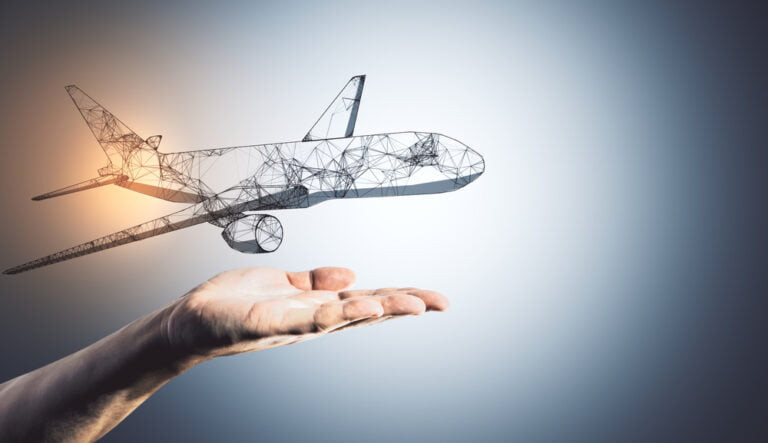As artificial intelligence inexorably advances into many areas of the economy, the labor market is facing significant changes. According to the International Monetary Fund, the development of AI will impact as many as 40% of jobs soon, and as many as 60% in advanced economies.
Meanwhile, the World Economic Forum predicts that AI solutions will eliminate up to 85 million jobs by 2025. How will AI change the profession of aircraft pilots? Donatas Latvenas, Chief Flight Instructor at BAA Training, one of the region’s largest pilot training schools and part of Avia Solutions Group, discusses this emerging challenge and the future role of human pilots in an increasingly automated industry.
READ: E-COMMERCE FACES AUSTRALIAN HURDLES
The role of assistive technologies in aviation has been important since the dawn of the industry. For instance, the first “autopilot” system, which allowed aircraft to maintain a fixed altitude and course after take-offs, was developed in 1912. Radio communication, GPS satellite navigation, and a host of other tools have followed, not only making a pilot’s job easier but also contributing to flight safety. However, none of these innovations have entirely replaced human pilots. But as AI capabilities continue advancing, the technology’s role in aviation will undoubtedly grow, according to Donatas Latvenas:
“For AI to fully replace human pilots, there are still many challenges that need to be addressed, extending beyond just the technological realm. For example, we still don’t fully trust automated solutions – it’s unlikely many people today would feel comfortable taking to the skies with only a computer in the cockpit. Moreover, safety is paramount in aviation, so any new technologies must undergo rigorous testing first, which takes considerable time.”
Will we stop seeing pilots on board in the future? According to Donatas, unmanned flights may eventually become the norm, especially for cargo operations without passengers.
“Artificial intelligence is already being tested for piloting cargo flights – there is no risk to passengers, so there is less skepticism about using the latest technology. Additionally, some small planes today already have an emergency ‘safe return’ function – if something happens to the pilot, a passenger can press a button and the plane will take the necessary actions to land itself safely,” explains Donatas Latvenas.
The applications of AI in aviation extend beyond just aircraft control. With its vast amounts of data in need of processing, the aviation industry is an ideal place to apply AI solutions. For example, AI helps pilots determine the optimal flight path, calculate the environmental impact of a flight, and predict when specific aircraft components may fail in the future.
Even as AI promises to be both a useful tool and a collaborative partner for pilots going forward, the aviation industry is grappling with a severe shortage of pilots at present. It is estimated that to ensure successful growth of the aviation sector, some 500,000-600,000 new professionals will need to be trained over the next 20 years. The shortage is partly due to stereotypes about the profession being out of reach for some, as well as the high cost of training.
READ: ANTONOV AIRLINES: A SOARING UKRAINIAN TITAN
“With demand for air travel continuing to grow and the pilot shortage showing no signs of abating, companies and training institutions are racking their brains to develop alternative education and recruitment programs, such as our new Pilot Runway program. These schemes are a bit like coding bootcamps, which offer a guaranteed job for successful graduates. This encourages people not to be intimidated by tuition costs and to pursue a rewarding piloting career,” mentions Norbertas Akromas, Director of the Pilot Runway program.





